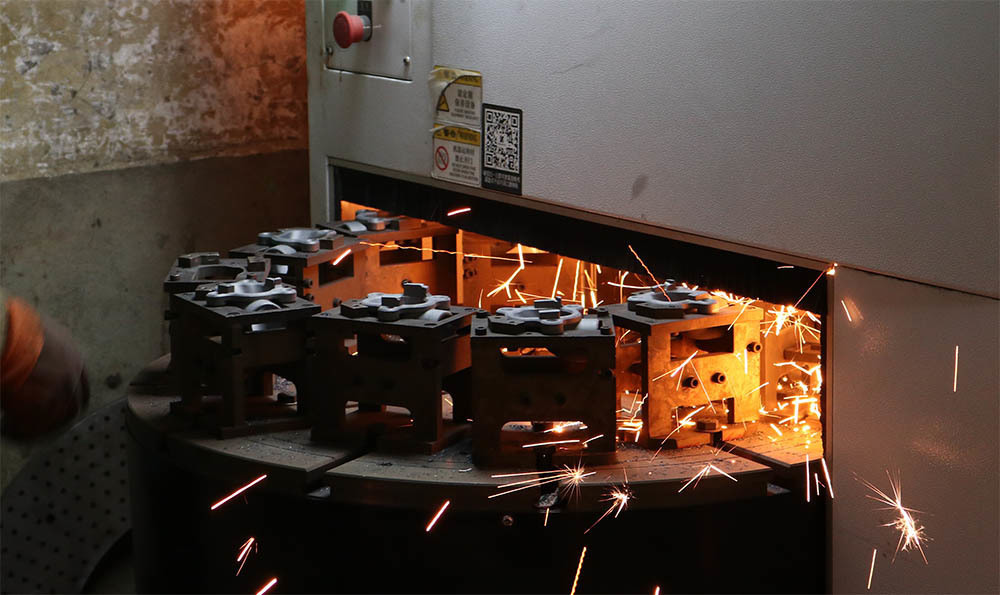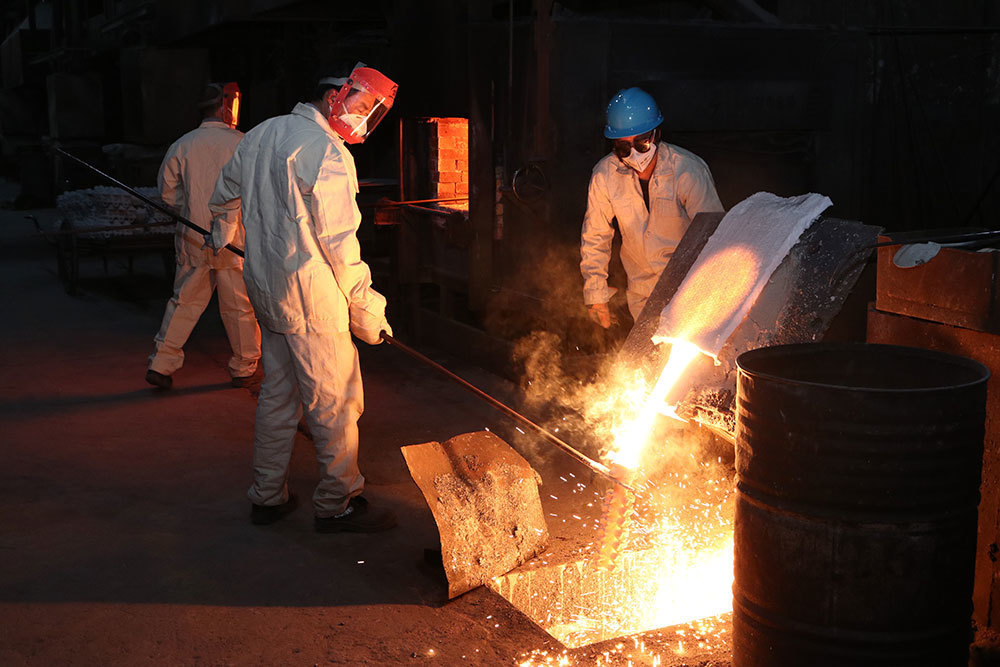2025-09-21
The Intricacies of Precision Parts Manufacturing: A Deep Dive
Understanding Precision Parts Manufacturing
When we talk about precision parts manufacturing, we're diving into a realm that's as fascinating as it is crucial. Imagine a world where tiny components fit together seamlessly to create machines that drive our daily lives. From cars to smartphones, precision parts are the unsung heroes of modern manufacturing. But hey, what does it really entail? Let's break it down!
What Exactly Is Precision Parts Manufacturing?
In a nutshell, precision parts manufacturing is all about creating parts with incredibly tight tolerances. We're talking about measurements so precise that they can make or break the functionality of a product. This process involves various techniques such as CNC (Computer Numerical Control) machining, injection molding, and 3D printing. Yes, you heard that right! 3D printing has revolutionized the game, allowing for even more intricate designs.
The Importance of Precision
Now, you might be wondering, "Why should I care about precision?" Well, let me tell you: precision is everything! Just think about it—if a part doesn't fit just right, it could lead to catastrophic failures. Take the aerospace industry, for example. One tiny miscalculation could mean the difference between a safe flight and a disaster. Yikes!
Key Techniques in Precision Parts Manufacturing
Alright, let's get a bit technical. Here are some of the primary techniques used in precision parts manufacturing:
- CNC Machining: This is where computer-controlled machines take the lead. They cut, shape, and mold materials with pinpoint accuracy.
- Injection Molding: Perfect for mass production, this method involves injecting molten material into a mold to produce identical parts.
- 3D Printing: An innovative method that constructs parts layer by layer. Perfect for prototyping or creating complex designs.
Materials That Matter
Not all materials are created equal! Precision parts are often made from metals like titanium and aluminum due to their strength and lightweight nature. Plastics are also popular, especially in the automotive and consumer goods sectors. You see, the choice of material can significantly affect the performance and durability of the final product.
Industries That Rely on Precision Parts
Let's not beat around the bush—precision parts manufacturing is everywhere! Here are a few industries that are heavily dependent on it:
- Aerospace: As mentioned earlier, safety is paramount.
- Automotive: Every car on the road relies on precision-engineered parts.
- Medical Devices: Think of all the intricate equipment used in surgeries and diagnostics.
Challenges in Precision Parts Manufacturing
While the rewards are great, the challenges can be daunting. High costs, complex designs, and the need for skilled labor can pose significant hurdles. Moreover, maintaining quality across batches is critical. One hiccup, and you could be facing recalls or worse—safety issues!
The Future of Precision Parts Manufacturing
So, what's next for this exciting field? Well, with advancements in technology, the future looks bright. Automation and AI are set to streamline processes, making manufacturing faster and more efficient. Plus, sustainable practices are becoming a bigger focus. Who wouldn't want to save the planet while creating cutting-edge parts?
Conclusion: A Final Thought
In conclusion, precision parts manufacturing is a cornerstone of modern industry. It's where technology meets craftsmanship, creating products that enhance our lives in countless ways. So, the next time you pick up your phone or buckle up in your car, take a moment to appreciate the intricate precision that went into making those products possible!
2024-01-20
2024-01-20









